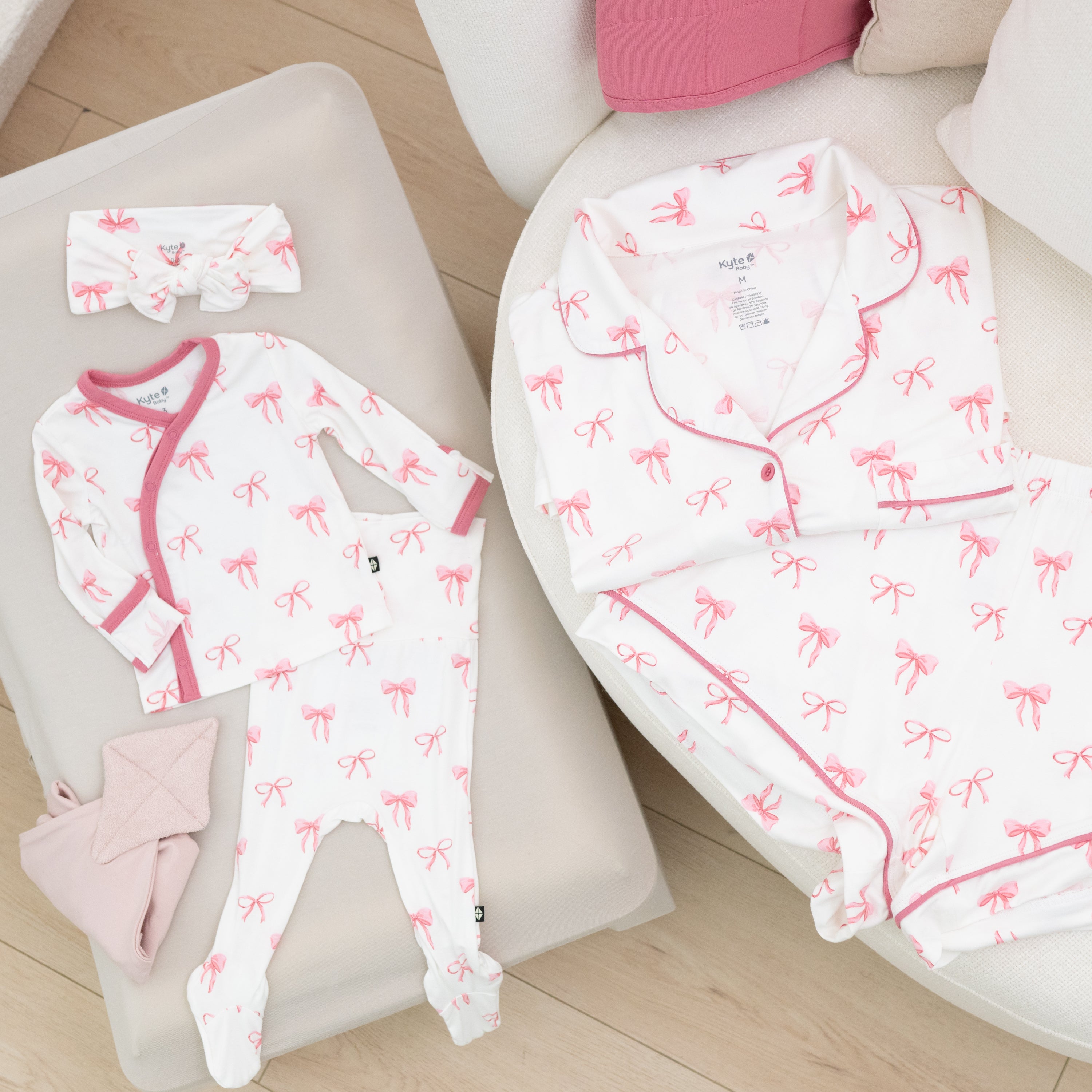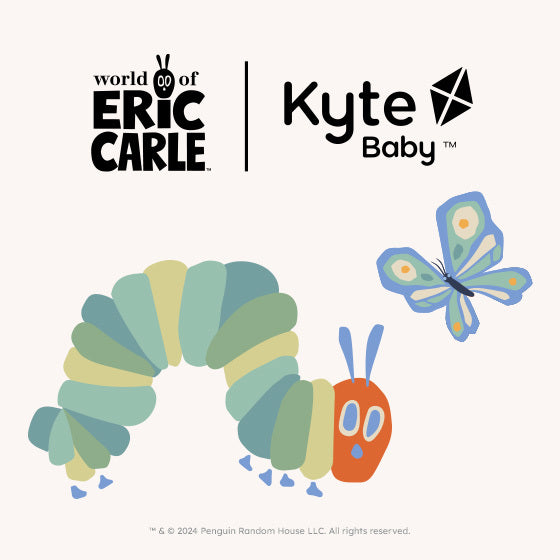The newborn days of infancy are, in a word, chaotic. Newborns need constant care. Emphasis on the word constant. Between feeding, burping, and changing them, parents give round-the-clock care and it can seem like there is no end in sight. Breastfeeding moms have no choice but to bear the brunt of the work, and spend most of the day and night nursing the baby. Newborns need feeding about every 2 hours, but that timer starts at the beginning of the nursing session, not the end. If your baby takes 30-45 minutes to nurse, by the time you’re done burping him, you only have an hour to rest (and let’s be honest, there is no actual rest) before his next feed. This in itself is exhausting, but because few things in parenthood are easy, it can and will get harder. Babies, being wonderfully instinctive, have a way of boosting your milk supply by cluster-feeding. The upside? These cluster feeds are usually followed by longer stretches of sleep. The downside? During these periods, it will feel like your baby is latched to you 24/7. And it’s rough, to say the least.
WHAT IS CLUSTER FEEDING?
Cluster feeding is exactly what it sounds like: when your baby starts feeding much more frequently—in clusters—for a period of time. It often coincides with your baby’s fussy hours in the evening, and may look something like this: nurse/pull off/cry/nurse/pull off/fuss/nurse. This can go on for hours until you’ve been reduced to tears as well. Sometimes, cluster feeds just look like nursing every hour instead of every 2-3 hours. Either way, it can be physically and emotionally draining, especially because it’s impossible to get any sleep when your baby spends no more than 20 minutes unlatched from you.
If your baby is bottle fed, you may wonder if he will cluster feed too. The short answer is maybe. Bottle fed babies can also go through periods of fussing and changing their eating patterns. Their feeds may be shorter and more frequent, or they may take in more ounces at each feeding.

WHY DO BABIES CLUSTER FEED?
When your baby is doing this, you may not recognize it as cluster feeding. You may wonder if your baby is getting enough milk, if you’re eating something wrong, etc. It’s second nature for moms to blame themselves for every little thing, but cluster feeding is entirely normal. Babies go through many growth spurts in the first year, especially at 3 weeks and 6 weeks of age. The newborn stage is one of key growth and development, and breastmilk production works through supply and demand. The more your baby nurses, the more milk your breasts will produce. During growth spurts, your baby will feed in more frequent intervals to ensure that his body gets the nutrients it needs. It’s a clever trick of nature!
HOW LONG DOES IT LAST?
While it may feel like an eternity at the time, a cluster feeding period lasts up to a few days. If it’s been going on for longer, it may be an indication that something isn’t quite right. Follow your gut if you feel like your baby isn’t getting enough to eat. Usually, there’s no need to supplement with formula when your baby is cluster feeding, but sometimes, a mother’s supply cannot keep up with her baby’s demand. If you’re concerned about this, contact your pediatrician and a lactation consultant.
It can be difficult to identify cluster feeding in the beginning because newborns are fairly unpredictable. They sleep and eat frequently, yes, but there’s nothing consistent about it. Your baby may be cluster feeding if he is:
- A few weeks old
- Showing usual hunger signs like mouthing, rooting, increased alertness, smacking their lips, etc.
- Wanting to eat constantly or taking shorter, more frequent feeds
- Sleeping for longer stretches
- Producing enough wet diapers
As long as your baby is content after nursing and sufficiently hydrated, cluster feeding is a normal phenomenon that will most likely be outgrown by 3-4 months of age. Older babies who are nursing more frequently may be doing so for comfort or because of illness.

HOW DO I DEAL WITH IT?
These marathon feedings can be utterly exhausting. On paper, it might not seem that bad. Okay, your baby is nursing more frequently than usual. But in reality, that often means sore, cracked nipples that won’t heal, little to no sleep for you, and feeling completely worn out and unproductive. It’s difficult to get anything done with a newborn, but cluster feeding means you probably haven’t moved from the same spot on the couch for hours. It can leave you feeling trapped and uncomfortable. So, how can you deal with it?
- Make necessities accessible. Creating a nursing station with a utility cart is an easy way to store snacks, water bottles, nipple balm, the TV remote, etc. within arm’s reach. This way, you’re able to stay nourished, hydrated, and catch up on a show as you nurse.
- Tend to sore nipples. Applying nipple balm before and after each feeding can protect your nipples from drying out and chafing. If your nipples are already very sore, using a nipple shield while nursing can help protect them until they’ve had a chance to heal up.
- Communicate your needs to your partner. Handing off the baby whenever you can allows you to get short breaks to use the restroom, shower, or whatever else you need to do.
- Consider hiring a housekeeper if you can. A tidy house can do wonders for your mood and it takes some of the stress off. If you have a partner, it also frees up your partner to cook a hot meal.
- Multi-task. If you have older children, you can use these long periods of nursing to spend quality time with them. Keep books or a special toy basket nearby, so you can read to them or play with them as you nurse your newborn.
- Wear your baby. Babywearing touts a ton of super magical benefits for both you and baby, but one of the best things about it is hands-free nursing. Once you get the hang of a ring sling, because it does have a learning curve, nursing your baby in it opens up an entire world of opportunity. Suddenly, you can go places or get things done that you couldn’t before. Not only do you have your hands free to use at will, wearing your baby is also one of the most effective ways to soothe him. Worn babies are calm and happy because they’re close to Mom! It’s a win-win.

The most important thing to remember during these trying times? Be patient. If you’re at your wit’s end and struggling to see the light at the end of the tunnel, know that you’re not alone. The newborn days are really hard, and even if people around you don’t talk about the hard stuff, that doesn’t mean it isn’t there. The first weeks after you give birth are a wild, hormonal roller coaster. The sleep deprivation, round-the-clock care of a newborn, cluster feeding, etc. is beyond emotionally taxing. So, forgive yourself for the messy house, unwashed hair, middle-of-the-night breakdowns, and keep in mind that this will all be a distant memory in no time at all.






















